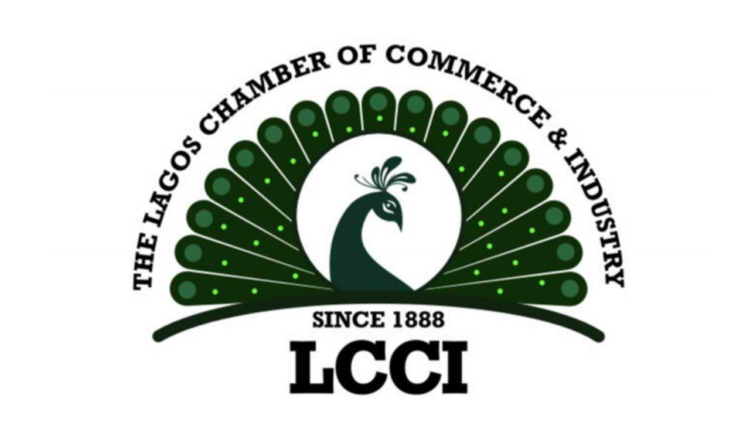Lagos Chamber of Commerce and Industry (LCCI) has urged the federal government to continue its foreign exchange market’s reform with intense discipline to further strengthen the naira and curb inflationary pressure on the economy.
The director-general of LCCI, Dr. Chinyere Almona, stated this following the slight moderation recorded in the inflation rate in the month July, which is the first since December 2022, reflecting ease in price pressures due to a slow-down in demand and some monetary and fiscal policy interventions.
Nigeria’s inflation moderated to 33.40 per cent in July 2024 from 34.19 per cent in the previous month, as released by the National Bureau of Statistics (NBS).
Almona noted that “this is good news to the business community as we expect some respite from the biting effect of the unbearable high interest rates that businesses have had to cope with in several months in the recent past.
“As we begin to see the impact of actions taken by monetary and fiscal authorities, we urge the government to sustain all the cost reliefs initiated to reduce the cost of doing business in Nigeria.”
According to LCCI, core inflation rising from 27.49 per cent in June to 27.47 per cent in July is a scenario that calls on policymakers to choose the appropriate policy mix to drive down the deceleration of inflationary pressures continually.
“In addition, the current inflation environment should also be used as an opportunity to look beyond and consider longer-term issues, particularly in the economy’s agriculture, manufacturing, and export sectors.”
Almona stated that “the many programmes and policies initiated to tame inflation and stabilise the exchange rate must be sustained and extended to impact more economic players, thereby multiplying the economic effect in the medium term.
“We advise the government to sustain and expand programmes and policies like the import duty waivers on food and drugs, the introduction of Compressed Natural Gas (CNG) vehicles to give way to cheaper means of transportation, the several foreign exchange market reforms to boost supply, the decision to make provision for direct crude supply to local refineries, and the transition to renewable energy.”
To extend the recorded ease in prices, LCCI DG added that “we must attend to the root causes of food insecurity in Nigeria, such as empowering lowly skilled farmers with access to required information on crop production, market prices, and technology; among others.”
She said “the reinforced fight against crude oil theft and pipeline vandalism must be sustained to ensure a higher output that can cater to the crude supply requirements of local refineries.
“Beyond food crops, poultry and fisheries are key drivers of food inflation as common food items like beef, fish, eggs, and chicken have recorded consistently high prices in recent months, contributing significantly to food inflation in the country. The newly created Ministry of Livestock Development is expected to play a critical role in addressing this shortage of poultry and fisheries at a time like this.
“With the Local Government Areas having access to more funds, we expect to see a grassroots development revolution as the subnational governments take more responsibility for the economic development of their states and local government areas.”
Almona urged the government to support the economy’s productive sector and incentivise the production of exportable goods where the country has a comparative advantage to increase FX earnings and sustain stability in the FX market.










